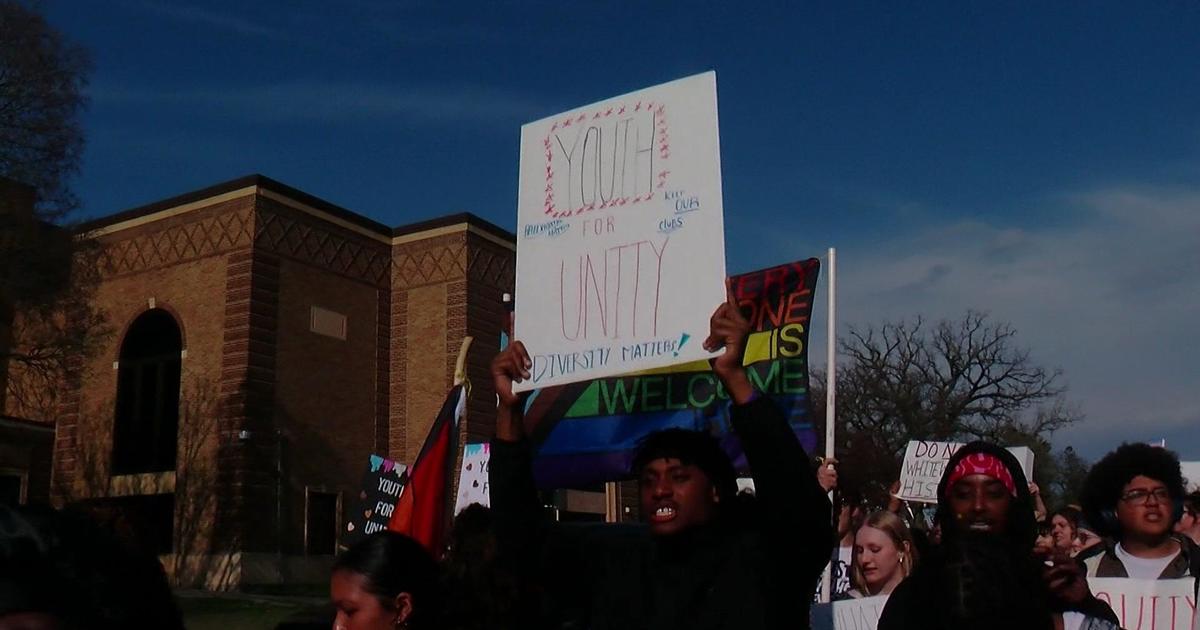Updated Guidelines For Quarantining COVID-Exposed Kids Puts Some Parents In Tough Spot
MINNEAPOLIS (WCCO) -- Kids in child care may no longer have to quarantine, even if they're exposed to COVID. The Minnesota Department of Human Services informed child care license holders last week that they no longer need to quarantine children or staff who are exposed to a positive case.
Providers will still have to inform families when there's been an exposure, leaving parents faced with a choice of protecting their child's health or protecting their jobs.
Jillian Flower, from Minnetonka, has two children. She received word that their daycare will follow the updated guidelines from the Minnesota Department of Human Services regarding daycare exposures and quarantines.
"I felt conflicted," Flower said.
Previously, child care providers were required to isolate children and staff who had been exposed to someone with COVID-19. As of last week, that is no longer a requirement.
The decision will be up to child care providers, who are struggling with a lack of staff while working parents are struggling with juggling work and child care with constant exposures and room closures.
Parents like Flower are concerned about their child's health in a population that is too young to get a vaccine.
"It does feel like we're a group in the population that has been a bit abandoned," she said.
"I know a center in Burnsville where they're licensed for 100 children and only three children were legally able to attend under the [old] quarantine requirements," Minnesota Child Care Association government relations chair Clare Sanford said.
Sanford said providers will still be required to isolate children who test positive. They will also have to notify families of exposures. Additional guidelines are up to the provider.
"We're all trying to find that middle ground," Sanford said.
Hennepin Healthcare pediatrician and infectious disease expert Dr. Stacene Maroushek says hospitalizations are up among young children but overall Omicron has been milder compared to Delta in kids.
"Most kids are going to be doing okay," Maroushek said. "The reason we have so many more hospitalizations is the sheer number of people getting infected."
Overall children are at a lower risk for complications. Some children do get very sick or even die. Studies are ongoing to determine MIS-C rates in kids from Omicron.
Maroushek said it's an individual decision to decide whether or not a family should still keep a child home if they've been exposed, noting many families do not have the choice. She did note that families with children who have underlying health conditions, are overweight, or have asthma should consult their doctor to weigh their options.



